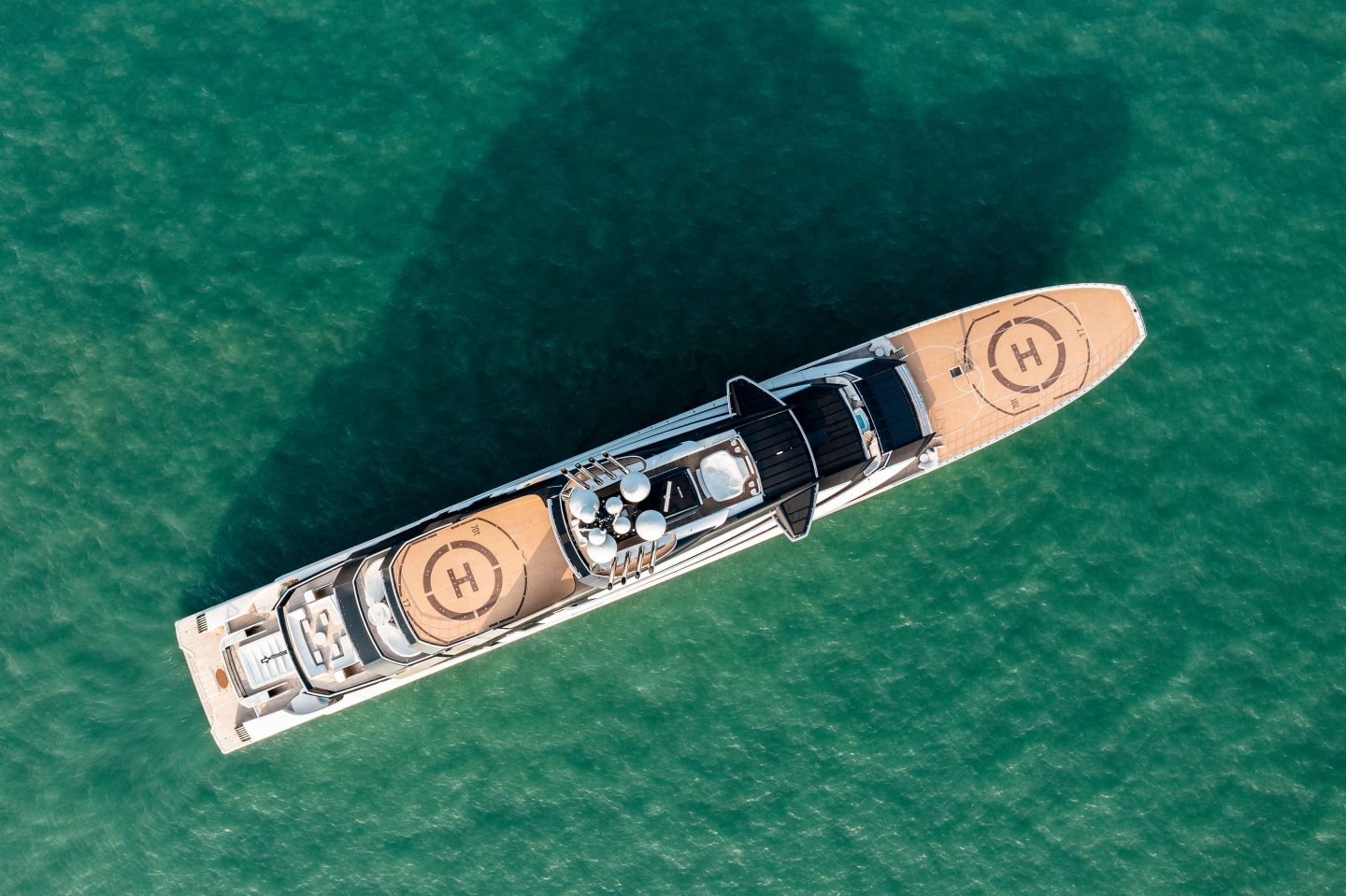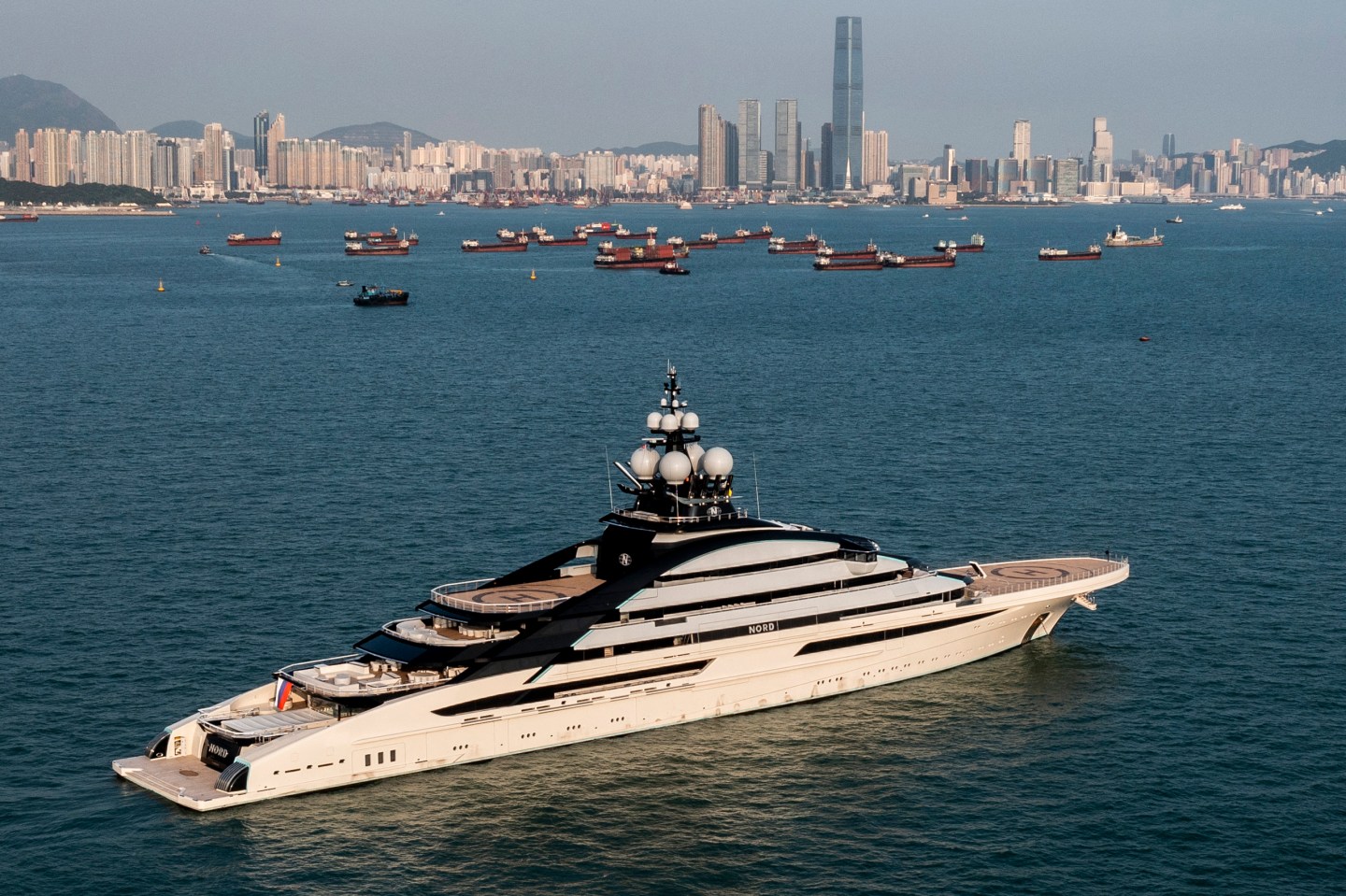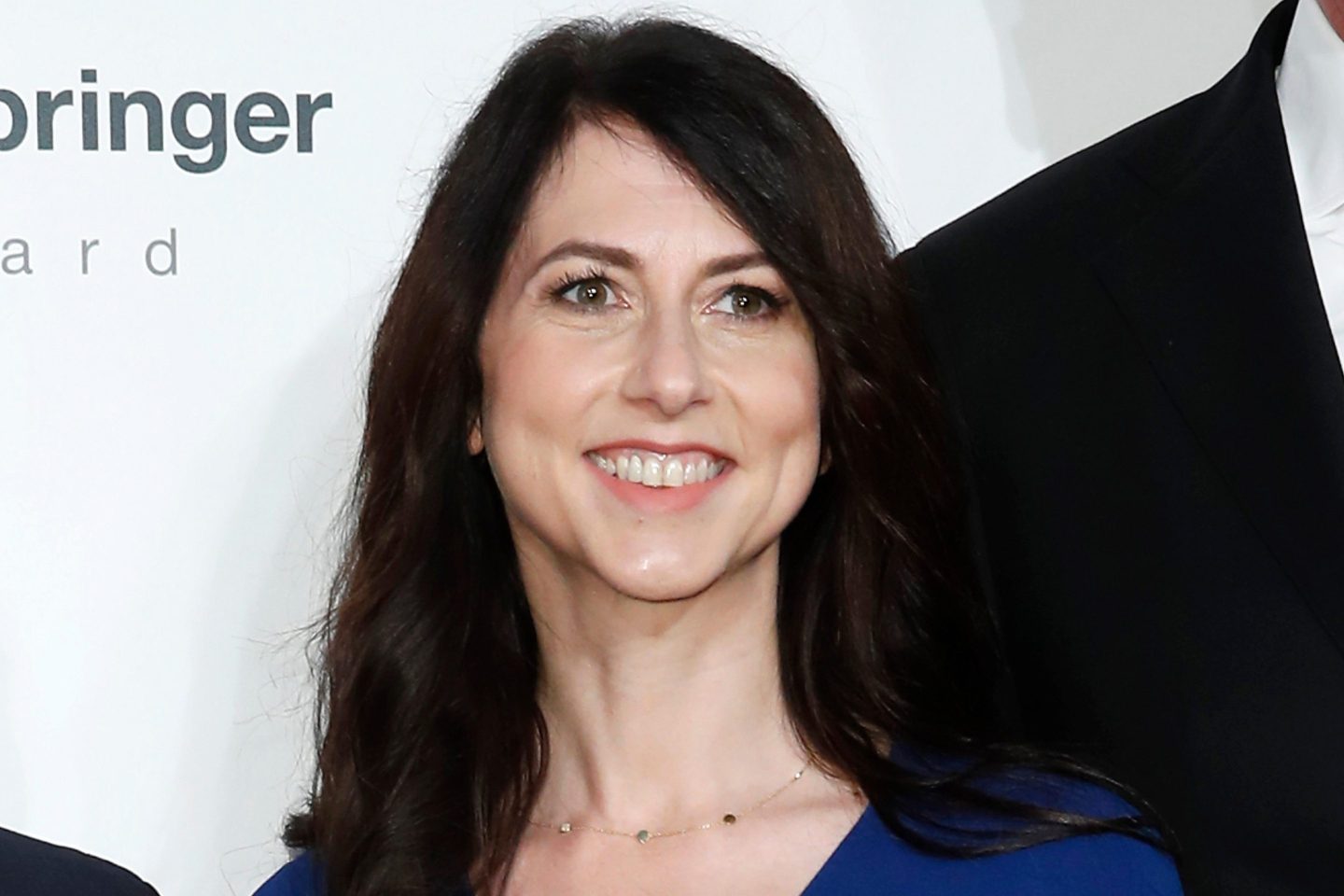Hong Kong is captivated by a 466-foot-long superyacht anchored one-and-a-half miles off the city’s shoreline. The $500 million yacht named Nord, reportedly owned by sanctioned Russian billionaire Alexei Mordashov, floats in plain view in the city’s harbor.
The superyacht—the length of one-and-a-half football and featuring a helicopter hangar and swimming pool—has become the latest flashpoint in Hong Kong’s relations with Western governments. The U.S. is warning that the Chinese city’s tolerance of the Nord threatens its status as a financial center, while Hong Kong’s (U.S.-sanctioned) leader is saying officials will “laugh off” Western threats.
But the Nord’s presence in Hong Kong shows a weak spot in the sanctions the West has levied against Russian individuals and companies—namely, that much of the world is still able, if not willing, to let Russians in.
“The West’s impressive unity on the sanctions front has so far not been met with similar enthusiasm among most non-Western states, particularly in Asia and Africa,” including many governments that have condemned Russia in the United Nations General Assembly, says Ryan Mitchell, a professor of international law at the Chinese University of Hong Kong.

Many non-Western countries have pre-existing economic ties with Russia, which means sanctions present a “relatively greater cost,” Mitchell says. Countries throughout the world continue to rely on Russian commodities and goods or hope to attract spending and investment from Russian individuals and companies. That means many non-Western countries, including many that sympathize with Ukraine’s plight, are unwilling to accept economic pain to support the U.S. position on sanctions.
Sitting off the coast
The Nord first arrived in Hong Kong last week, when eagle-eyed observers noticed that the yacht had anchored on the western end of Hong Kong’s Victoria Harbor.
At first, Hong Kong authorities gave a muted response to the yacht’s presence in the city. The local marine department said it would not, and in fact could not, enforce “unilateral sanctions imposed by other jurisdictions” like the U.S., while stating that the city would cooperate with sanctions imposed by the United Nations Security Council.
The city’s rhetoric has hardened since then, as the yacht became another source of tensions between the U.S and Hong Kong (and, by extension, mainland China).
The U.S. accused Hong Kong of acting as a “safe haven” for those trying to flee sanctions, which “further calls into question the transparency of the business environment.”
In response, China’s foreign ministry called the U.S. comments “misleading.” A spokesperson said that “Hong Kong’s reputation and status as an international financial center are globally recognized and brook no vilification.”
On Tuesday, Hong Kong Chief Executive John Lee said the city would not enforce Western sanctions on the Nord yacht. Lee, whom the U.S. government sanctioned over his role in the city’s crackdown on social unrest in 2019, said officials would “laugh off the so-called sanctions,” and called other U.S. measures towards Hong Kong officials a “barbaric act.”
In Mitchell’s view, Hong Kong has little choice but to openly refuse U.S. requests to enforce sanctions. The city “acknowledging the legitimacy of unilateral sanctions (i.e., those by one or more states acting outside of UN mechanisms) would contradict a key pillar of China’s views on international law and its enforcement,” Mitchell says. Beijing argues that Western sanctions against Moscow are illegal and counterproductive and has said it would continue to engage in “normal trade cooperation” with Russia.
That stance toward Western sanctions may encourage Russian individuals and companies to regard Hong Kong as a safe spot to park assets and raise capital. Russian companies are already inquiring about the possibility of basing operations in Hong Kong, including changing their registration or listing on the city’s stock exchange, reports Bloomberg.
Yet banks in Hong Kong may be wary of engaging with Russian organizations, despite the city’s official refusal to enforce U.S. sanctions. The U.S. could impose secondary sanctions on companies or individuals that, in its view, help blacklisted entities evade sanctions, effectively barring banks from the U.S. dollar-based financial system.
Even Beijing is concerned about the threat of secondary sanctions, with state-owned companies scaling back their presence in Russia for fear of U.S. regulatory scrutiny.
Not just Hong Kong
While other countries may be less overt than Hong Kong in declining to enforce sanctions, “various other jurisdictions” have adopted the same position, says Mitchell.
Russians have flocked to the United Arab Emirates, and specifically its financial hub of Dubai, to escape the scrutiny they face in places like Europe. Two Russian yachts popped up in Emirati ports in June this year. Russians snapped up property, and trading firms dealing in Russian commodities opened offices in Dubai to avoid European sanctions sanctions.
Officials in U.S. President Joe Biden’s administration have, at times, shown frustration with the UAE’s defiance of sanctions on Russia. “I am not happy at all with [the UAE’s] record at this point,” said Barbara Leaf, Biden’s top Middle East diplomat, in a June congressional hearing, adding that the White House plans to “drive a better alignment, shall we say, of effort.”
Yet the UAE appears to be quite comfortable with its neutral status. On Tuesday, Russian President Vladimir Putin praised the country after talks with UAE president Sheikh Mohamed Bin Zayed Al Nahyan. Putin said the UAE’s neutral position “allows us to use your influence for moving toward resolving the situation” in Ukraine.
Other countries throughout Asia have hesitated to isolate Russia entirely. India continues to purchase Russian energy and weapons, with Indian foreign minister Subrahmanyam Jaishankar blaming the West’s refusal to sell arms to India as the reason for New Delhi’s “long standing relationship with Russia.”
Western allies are still engaging with Russia, too. Turkey, a member of NATO, has refused to join the West’s sanctions against Russia.
And even Japan, which sanctioned Russian banks and froze the country’s foreign reserves alongside Western nations, has wavered on abandoning Russia completely. Japanese companies have maintained a presence on Russian energy projects, like the Sakhalin-1 and 2 gas refineries in the country’s far east. Japanese carmaker Nissan only left the Russian market on Tuesday, seven months after the Ukraine invasion began.
Global resistance to completely isolate Russia is a stumbling block for Ukraine’s allies as they try to maintain economic pressure on Moscow and end the invasion. New sanctions would mean persuading more countries, already skeptical of sanctions, to do even more.
“Many view U.S. sanctions practices in general as overly heavy-handed,” Mitchell said.
Sign up for the Fortune Features email list so you don’t miss our biggest features, exclusive interviews, and investigations.













